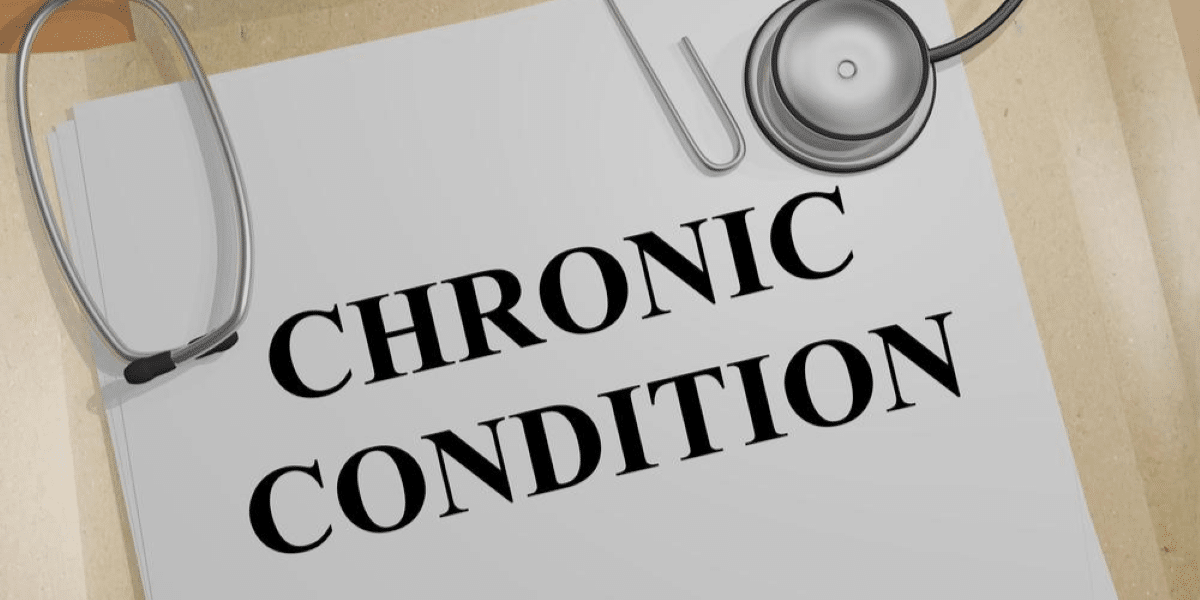Navigating the complex landscape of disability claims can be especially challenging for individuals living with chronic conditions. However, understanding the benefits available and how to access them is crucial. Whether it’s a civilian coping with autoimmune disorders or a veteran dealing with health issues after service, the impact of these long-lasting health problems is profound. They can hinder one’s ability to work, enjoy life, and perform daily activities, highlighting the importance of Social Security disability insurance (SSDI) and Veterans Affairs (VA) disability compensation.
These benefits are designed to provide financial support and recognize the health challenges faced by those with chronic conditions like arthritis, diabetes, or hypertension. For veterans, certain conditions are presumed to be related to their service, meaning they may be eligible for benefits without the need to prove a direct connection to their military service. The process of filing a claim can be intricate, and the criteria stringent, but for many, it’s a vital avenue for relief.
Qualifying for these benefits typically revolves around demonstrating how a chronic condition limits one’s functionality or meets certain medical criteria.
Each claim is unique, with agencies considering the condition’s severity, the impairment length, and how it affects everyday life. For those dealing with chronic pain, for example, the emphasis is on how pain affects their capacity to work or carry out daily tasks, often requiring thorough medical evidence to substantiate the claim.
Understanding and Proving Chronic Conditions
For veterans seeking VA benefits, proving a chronic condition is connected to their service is a critical step. This involves understanding what qualifies, gathering appropriate evidence, and navigating the claim filing process.
Qualifying Conditions and Service Connection
Chronic conditions like diabetes, hypertension, and arthritis are often categorized as disabilities that may be connected to military service. The Department of Veterans Affairs recognizes that certain conditions may arise as a result of service, and defining this link is known as establishing a service connection. Conditions that qualify for VA disability benefits typically impair daily activities to some degree.
Evidence and Medical Opinions
Obtaining and presenting robust evidence is fundamental to substantiating a claim. This includes:
- Medical records that document the chronic condition
- A nexus letter from a medical professional linking the condition to the service
- Witness statements that corroborate the presence of symptoms or injury during service
Medical opinions are pivotal in demonstrating the connection between chronic pain or condition and veteran service, thereby establishing the service connection.
VA Claim Filing and Legal Considerations
Filing a VA claim requires precision and an understanding of legal criteria. Veterans must:
- Accurately complete all necessary forms.
- Present the evidence in a manner that meets VA requirements.
- Often, seek legal advice to navigate the complexities of the process.
Lawyers specialized in VA benefits can provide guidance, ensuring proper filing and enhancing the likelihood of a favorable outcome. It is important that all legal advice is obtained from licensed professionals experienced in the field of veterans’ disability benefits claims.
Chronic Conditions and Veteran Affairs Benefits
Veterans dealing with chronic medical conditions may be eligible for VA disability benefits, ensuring support for various health challenges that arise post-military service.
Understanding VA Benefits
VA disability compensation is a vital benefit for veterans who suffer from chronic medical conditions related to their time in service. Veterans are often entitled to these benefits if they have conditions such as chronic fatigue syndrome, ischemic heart disease, or hypertension, which are linked to their military duty. Benefits are not only for service-connected injuries but also for illnesses that manifest or are discovered after military discharge.
Compensation for Specific Conditions
Eligibility for VA benefits extends to specific chronic conditions that are presumed to be related to military service. This includes long-term illnesses like fibromyalgia, multiple sclerosis, and diabetes. Moreover, veterans exposed to Agent Orange may receive benefits for related cancers. Disability compensation is also awarded for amyotrophic lateral sclerosis (ALS), defined as a presumptive condition regardless of when it appeared post-service.
Appeals and Ongoing Support
If a veteran’s claim for benefits is denied, they have the right to an appeal. During the appeal process, they may submit additional evidence or request a hearing to support their claim. Ensuring persistent support and resources to veterans, the VA facilitates ongoing compensation adjustments for conditions like high blood pressure, which may worsen over time. Continual reevaluation is an essential part of the VA’s commitment to long-term veteran care.
Published by: Nelly Chavez





